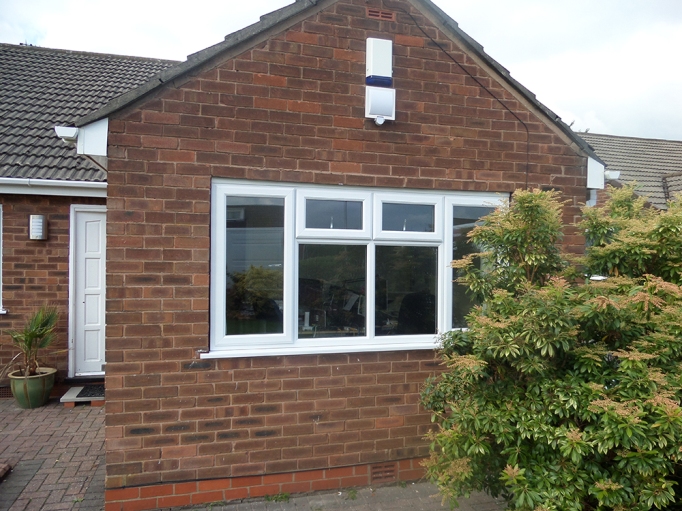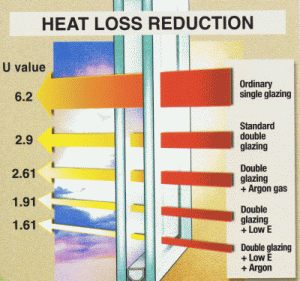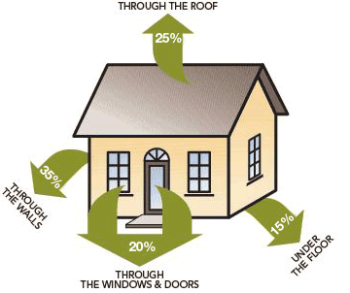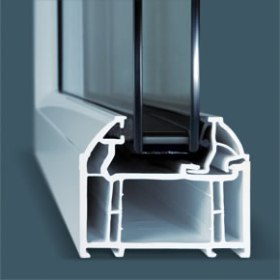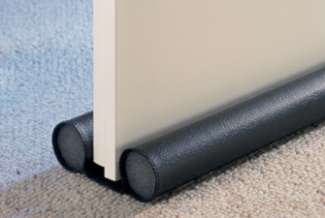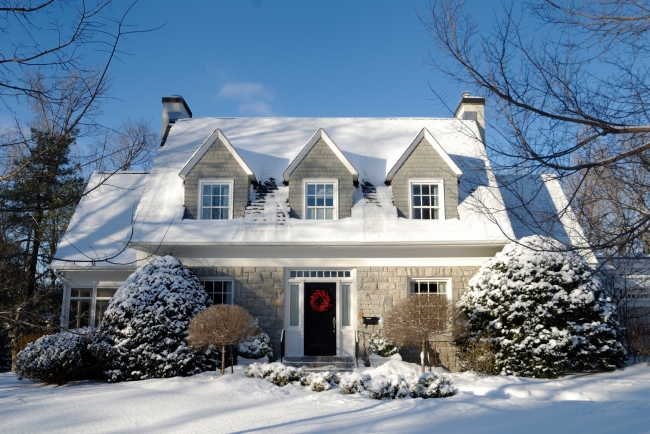tips
Double Glazing: Is It Worth It?
You’ve been thinking about upgrading your old windows to brand new double glazed windows, but Is it really worth it? Will it really save you money in the long run? Here’s the lowdown:
Energy saving – Up to 18% of your homes heat could be lost through your windows. The following graphic breaks it down by U value. A U value is a measure of heat loss. The higher the U value the worse the thermal performance of your window, hence a low U value usually indicates high levels of insulation and heat retention.
If you swapped all the single-glazed windows in a three-bedroom house you would save around £165 a year on your heating bills – thats well over £3000 in 20 years!
“I live in a listed building that doesn’t allow double glazing. What can I do?” Secondary glazing is the next best thing. Secondary glazing works by fitting a second layer of glass inside your existing windows. It may not be as effective as double glazing, but it could still save you around £105 a year on your heating bills.
To sum up, the benefits of double glazed over single glazed windows:
1. Energy efficiency and reduced heating bills
2. Heat retention
3. Noise reduction
4. Increased security
5. Reduced condensation
5 ways to insulate your home
1. Your Attic – It is essential to insulate your attic as a quarter of your homes heat can be lost through the roof. Not only will this make your home warmer but it will also save you money on your energy bills.
2. Windows – As the weather gets colder; you might start to notice the cold is entering your bedrooms, living room and kitchen. An upgrade to double or triple glazed windows will make a big difference. To further prevent any heat from escaping you could also purchase some window insulation film.
3. Doors – To help you find the draught that is coming from your door, light a candle and use it to find the source. The flame will flicker when it indicates a draught. Also, there is an easier option which is a draught excluder or stopper. These are used to eliminate cold draught and heat loss. The draught excluder should be placed at the bottom of your door.
4. Walls – 35% of heat escapes through your walls. Cavity wall insulation is a good way to keep warmth in your home. Was your home built after 1920? Is so, your walls are most likely be made of two layers with a gap or cavity. If you decide to purchase cavity wall insulation this will fill the gaps in and enable the heat to stay in your home.
5. Flooring – Did you know that 15% of your homes heat can escape through your floors? Insulating and draught proofing the floors in your house can be cost effective. If you don’t have a rug maybe it’s something you could invest in, it won’t solve all your problems but putting a rug on top of your floor will help to maintain some of the draught that might be escaping.
5 Energy Saving Tips for Your Home This Winter
The cold weather is fast approaching here in the UK. Fear not, we have some tips to keep your home warm this winter AND save energy at the same time!
1. Don’t use your fireplace when the outside temperature is below -7 °C – The infiltration of cold air into your house will most likely waste a lot of heat and cool your house down.
2. Avoid heating areas that are not insulated, such as your garage or conservatory – unless your conservatory is fully tiled and insulated. Instead, focus on your main rooms such as a living room or bedroom. Sit down in front of the TV and relax, it is winter after all!
3. Does your door provide good insulation? To test it place your hand against it from the inside. If the door feels cooler than the inside walls, it might be time to get a new door that’s better insulated!
4. Don’t crank up the heat to warm your house faster. Your house will warm up at the same rate, regardless of the temperature setting.
5. Make the most of ‘free’ heat – Is there such thing as free heat? Yes! I’m talking about sunlight. Open the blinds of south-facing windows on sunny days to let in the free heat.
Do you have any more energy saving tips to share? Tweet us @HomeSafeInfo


